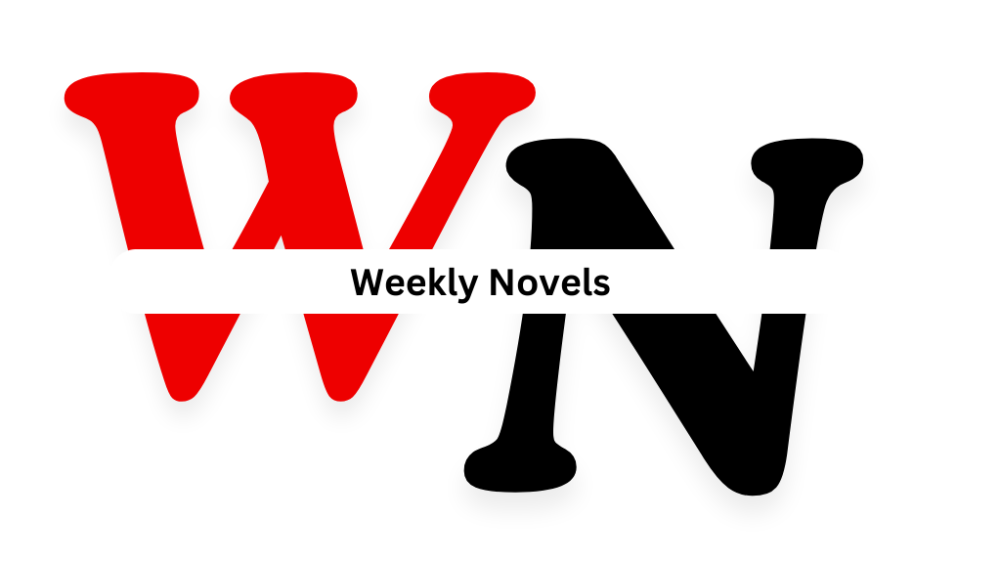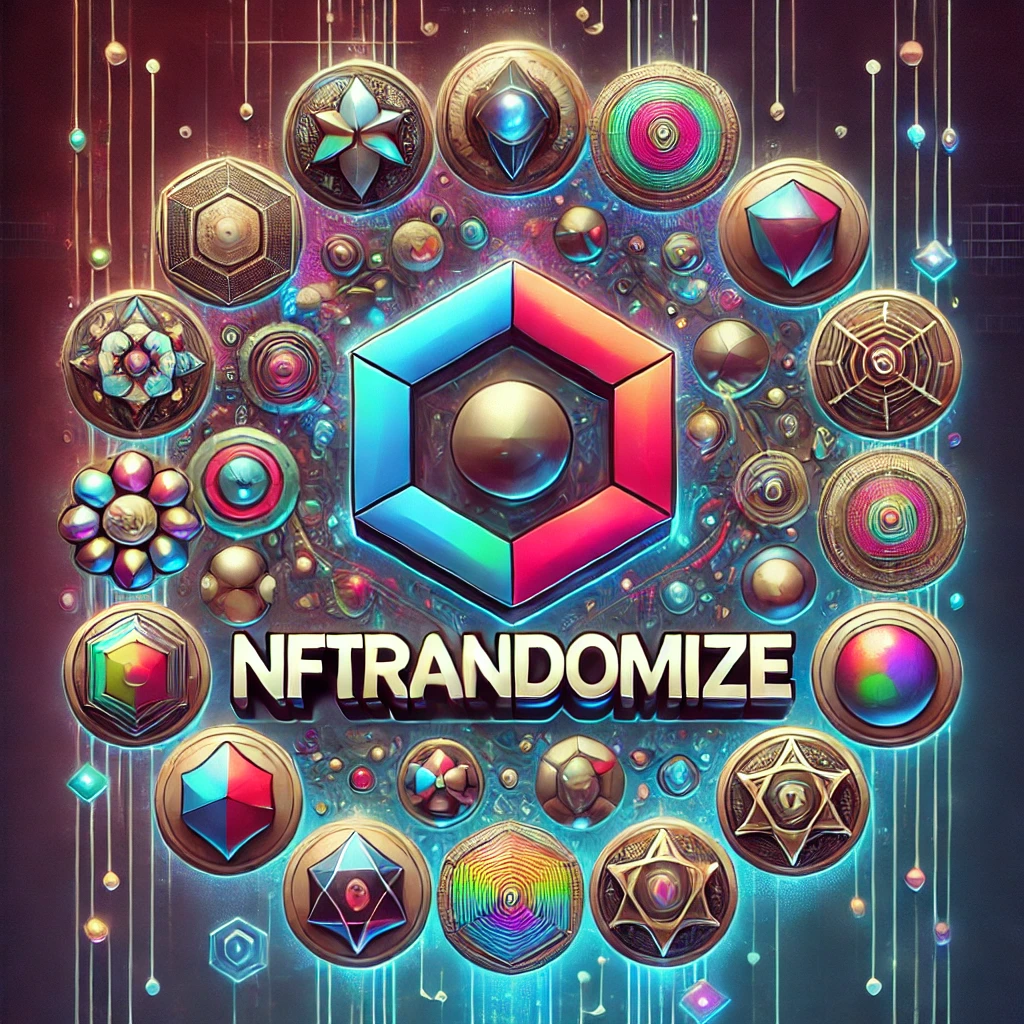In the burgeoning world of digital assets and blockchain technology, Non-Fungible Tokens (NFTs) have carved a niche as unique, irreplaceable cryptographic tokens that represent ownership of specific items. While the primary use of NFTs has been associated with digital art, music, and collectibles, there’s an emerging concept that is set to redefine how we interact with these digital assets: NFTRandomize. This novel concept introduces an element of randomness and surprise in the acquisition and evolution of NFTs, enhancing the engagement and excitement around collecting digital items.
What is NFT Randomize?
NFT Randomize refers to the integration of randomness into the creation, distribution, or attributes of NFTs. This randomness can manifest in various ways, such as random generation of traits in digital art, random distribution of tokens to holders, or even random evolution of an NFT’s characteristics over time. The idea is to incorporate the thrill of unpredictability and chance, akin to trading cards or gacha games, into the digital realm.
Main Features of NFTRandomize
- Random Generation: NFTs can be created with random attributes or features. For example, a digital artist could release a series of NFTs where each piece randomly generates its colors, patterns, or elements when minted.
- Random Distribution: Instead of a standard sale or auction, NFT Randomize can involve distributing NFTs randomly among users who have registered or shown interest, making the acquisition process akin to a lottery.
- Dynamic Evolution: Perhaps the most intriguing aspect is the dynamic nature some NFTs can adopt. An NFT might evolve or change its attributes based on random algorithms, external data (like changes in weather, stock prices, etc.), or through interaction with its owner or other NFTs.
Potential Impacts and Benefits
Enhanced Engagement
The element of surprise and the potential for NFTs to evolve can keep collectors engaged for longer periods, as they anticipate changes or hope to receive rare attributes.
Increased Market Dynamics
Randomization can potentially level the playing field, where the chance factors into ownership of high-value or rare NFTs, not just purchasing power. This could lead to a more dynamic and varied market.
Creative Freedom
Artists and creators can experiment with new forms of digital art and interactivity, pushing the boundaries of what digital collectibles can be.
How to Derive Benefits from NFTRandomize
Navigating the world of NFT Randomize can be both thrilling and beneficial if approached strategically. Here’s how enthusiasts, collectors, and creators can make the most out of this innovative concept:
- Diverse Portfolio: Just like with traditional investments, diversifying your collection can help mitigate risks associated with the randomness of NFT attributes and valuations. Collect across different categories and creators to balance your holdings.
- Active Participation: Engage actively in communities and platforms where NFT Randomize is implemented. Participation might increase your chances of acquiring rare NFTs through random drops or giveaways.
- Study Trends: Keep an eye on how certain randomly assigned traits or types of NFTs perform over time. Understanding trends can help in making informed decisions about which NFTs might gain value.
- Utilize Secondary Markets: Sometimes the random traits assigned to NFTs can significantly increase their market value. Monitor secondary markets to either acquire undervalued NFTs or sell high-value ones.
- Creative Involvement: For creators, experimenting with randomization in your NFT offerings can attract a broad audience and differentiate your work from others, potentially increasing your visibility and sales.
How to Get Started with NFTRandomize
Educational Foundation
Start with a thorough understanding of NFTs and the specific aspects of randomness in their distribution and features. Knowledge is power in navigating the NFT Randomize landscape effectively.
Engagement with Platforms
Explore and engage with platforms that offer NFT Randomize. Participation in these communities will provide insights and opportunities in the randomized NFT market.
Creation and Collection
Whether you’re an artist or a collector, immerse yourself in creating or collecting randomized NFTs. Utilize tools to either create NFTs with random traits or to assess the rarity and potential value of random traits in collected NFTs.
Legal and Ethical Considerations
Always stay informed about the legal aspects and maintain high ethical standards. Understanding and adhering to regulations will safeguard your ventures in NFT Randomize.
Challenges and Considerations
While NFTRandomize opens up exciting possibilities, it also brings challenges. The integration of randomness must be transparent and verifiable to maintain trust in the fairness of the distribution or evolution process. Additionally, ensuring that the randomness does not undermine the value of NFTs or lead to potential gaming of the system by speculators is crucial.
Transparency and Fairness
Integrating randomness in NFTs must be handled with transparency to maintain trust. It’s vital that the algorithms determining randomness are open and verifiable to ensure fairness and prevent manipulation.
Value Stability
Randomization can significantly affect an NFT’s market value. Balancing the excitement of randomness with the need for stability is crucial to prevent dramatic fluctuations that could harm the ecosystem.
Regulatory Compliance
As the NFT space evolves, so do the legal landscapes that govern it. Creators and platforms must navigate these regulations carefully, particularly those around gambling and random distribution of digital assets.
Technological Challenges
Implementing effective and secure randomization mechanisms in NFTs requires robust technology. Ensuring these systems are both efficient and resistant to attacks is essential for the long-term viability of NFT Randomize.
Future of NFT Randomize
The future of NFT Randomize appears promising as it taps into the human love for surprise and novelty. Advancements in blockchain technology will likely enhance the complexity and appeal of randomized NFTs, making them more interactive and possibly integrating them with virtual and augmented reality platforms. As the digital landscape evolves, NFTRandomize could play a significant role in gaming, virtual real estate, and online social interactions, providing a unique way for users to experience digital content and ownership.
Conclusion
NFTRandomize is poised to introduce a fascinating layer of complexity to the NFT market. By blending the certainty of blockchain with the allure of randomness, this concept not only enriches the collector’s experience but also encourages continuous engagement and exploration in the world of digital collectibles. As this concept continues to develop, it could very well redefine the norms of digital ownership and artistry in the blockchain era.


